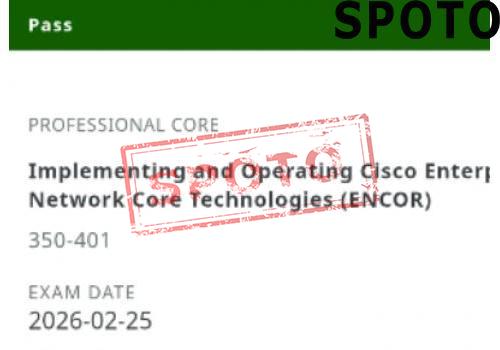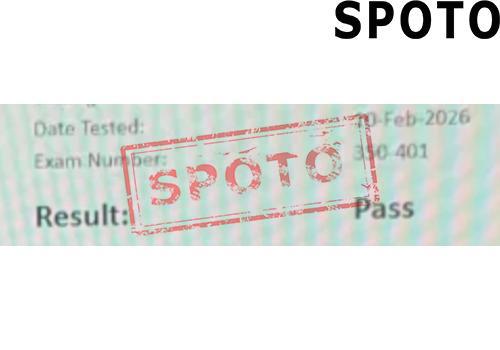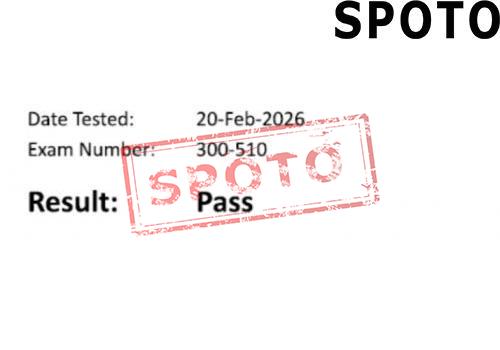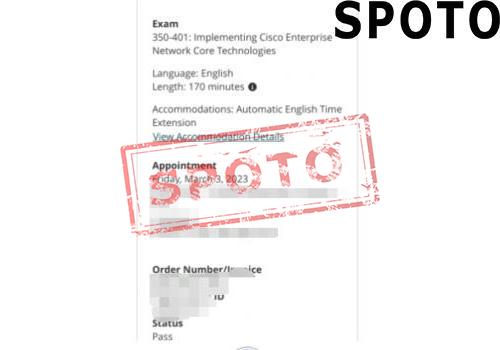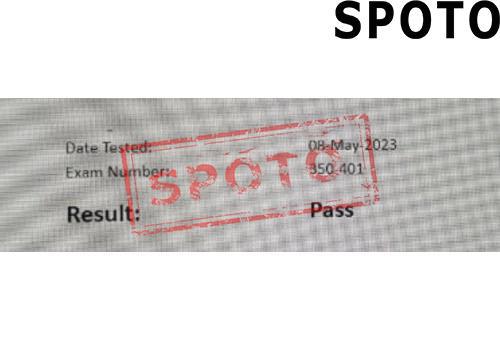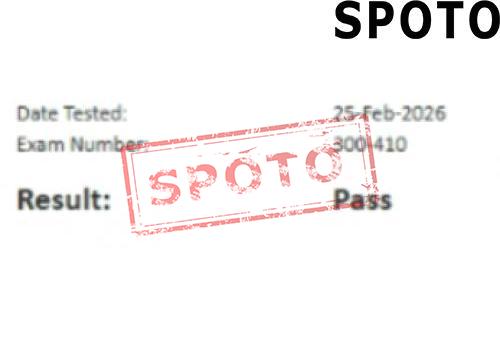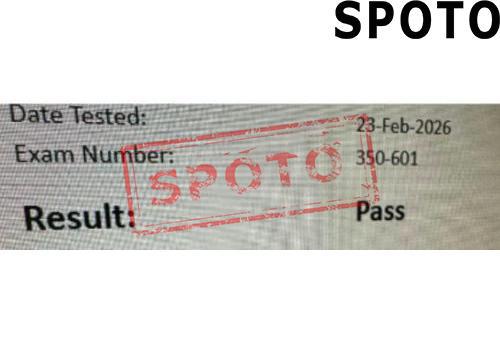
Table of Contents
1. What is cloud collaboration?
Cloud collaboration is the ability for people to access the same source of information (single source of truth) and work together as virtual teams in a virtual space, through a website, mobile app or desktop software. Whether it is used to implement design, project, budget or analysis, cloud collaboration allows the right people to easily access data at the right time, regardless of the tool used to write the data, and access the data as early and frequently as possible. Architects can share building models; engineers can review drawings; film editors can upload clips for directors to review.
2. What is a cloud collaboration engineer?
A cloud collaboration engineer is a technical professional responsible for translating business goals into specific configurations, policies and security practices related to users, content and integration by using technologies such as cloud computing. The responsibilities of cloud collaboration engineers mainly include designing, deploying and managing cloud infrastructure that supports collaboration tools (such as video conferencing, file sharing and communication platforms), ensuring its scalability, security and reliability. They are mainly responsible for integrating various cloud collaboration tools with the organization's existing IT infrastructure to ensure seamless communication and collaboration between different platforms. In addition, cloud collaboration engineers also need to configure and customize collaboration tools according to the needs of the organization, including setting up security protocols, user permissions, workflows, and other functions to ensure that the collaboration platform meets industry standards and regulatory requirements, and implement security measures such as encryption and authentication to protect sensitive data. Finally, cloud collaboration engineers also work closely with other IT teams (such as network engineers and security engineers) to ensure that collaboration tools are smoothly integrated and run with the organization's network. They need to monitor the performance of cloud collaboration services, detect problems in a timely manner, conduct root cause analysis, and resolve any technical issues.
3. Salary and employment prospects of cloud collaboration engineers?
According to ZipRecruiter, as of June 8, 2026, the average hourly wage for cloud engineers in California is $62.06. Salaries range from $86.12 to $23.25, but most cloud engineers in California currently earn between $52.88 and $70.67. The average salary range for cloud engineers varies widely (up to 17%), which means there are many opportunities for advancement and salary increases depending on skill level, location, and years of experience. As the demand for cloud computing continues to rise, so does the demand for cloud-related talent. The U.S. Bureau of Labor Statistics (BLS) predicts that cloud computing jobs will grow by 15% in the decade between 2021 and 2031. This growth rate is much higher than the average for other occupations. Factors driving this astonishing growth include rising corporate cloud migration rates and the growing need for more effective and efficient methods of data storage, management, and analysis.
4. What qualifications do you need to become a cloud collaboration engineer?
First, becoming a cloud collaboration engineer usually requires a certain educational background to demonstrate your expertise to employers. Common qualifications include a bachelor's degree in cloud computing, information technology, computer science, or a related field, but a higher level of education can better advance your career development. Second, becoming a cloud collaboration engineer requires professional skills in related fields. Network engineering is the most popular professional ability among employers, with about 34% of positions requiring this skill. In addition, network routing, automation technology, computer science basics, firewall configuration and switch management are also popular. In terms of general skills, troubleshooting ability is the most frequently appearing skill in recruitment information, followed by communication and coordination, system operation and maintenance, project management, problem solving and planning ability. Finally, obtaining a certification that is highly recognized by the industry can not only prove your professional ability and ability to perform the position, but also enhance your competitiveness in the workplace. Therefore, we recommend that you obtain the Cisco CCNP Collaboration certification. Obtaining the CCNP Collaboration certification can prove your skills in collaborative solutions. To obtain the CCNP Collaboration certification, you need to pass two exams: one covering core collaboration technology and the other is a professional exam of your choice, allowing you to customize the certification according to your own technical field. Candidates can obtain certification by passing the required exams.
